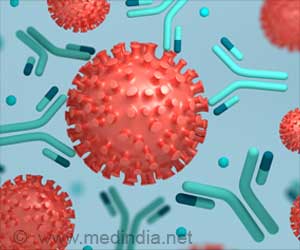These groups struggle with unique physical, social, and financial challenges when compared to childhood or older cancer patients. Due to the presence of the blood-brain barrier in the brain, there are limited options in current therapeutics.
“Adolescents and young adults with central nervous system cancers represent a new group of patients for which we didn’t have a treatment option. We are excited that we can use DM-CHOC-PEN (the drug – 4-demethyl-4-cholesteryloxycarbonylpenclomedine) to treat patients who fall between the cracks because they’re too old to see a pediatrician and too young to see a general oncologist,” says Lee Roy Morgan, MD, Ph.D., an adjunct clinical professor of medicine at Tulane University and CEO of DEKK-TEC Inc.
DNA Alkylation Drug
DM-CHOC-PEN damages the DNA by changing alkylating groups. The drug readily crosses the blood-brain barrier and is selectively taken up by a transporter often overexpressed in cancer cells.
The present study enrolled 19 AYA patients with various types of tumors that either began in or metastasized to the central nervous system. They administered 98.7 mg/m2 DM-CHOC-PEN to patients with normal liver function or 75 mg/m2 to patients with impaired liver function once every 21 days.
“Some of these patients had other tumors outside the nervous system, and their physicians combined DM-CHOC-PEN with another drug. So far, we’ve seen no toxicities, and we just finished a trial showing that it potentiates radiation as well, suggesting that DM-CHOC-PEN could be safely combined with other drugs,” says, Morgan.
Additionally, the drug also had a prolonged effect in younger patients. However, the limited sample size of the patient along with the exclusion of patients with abnormal blood counts or debilitating comorbidities requires further exploration in upcoming studies.
Source: Medindia



